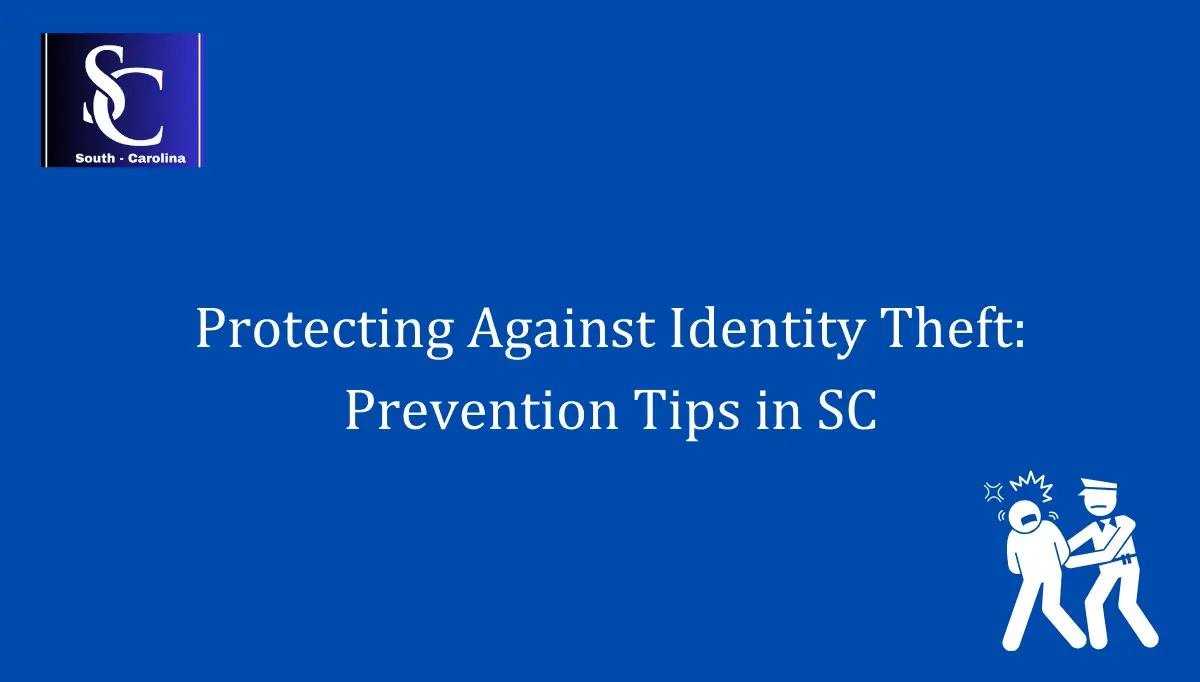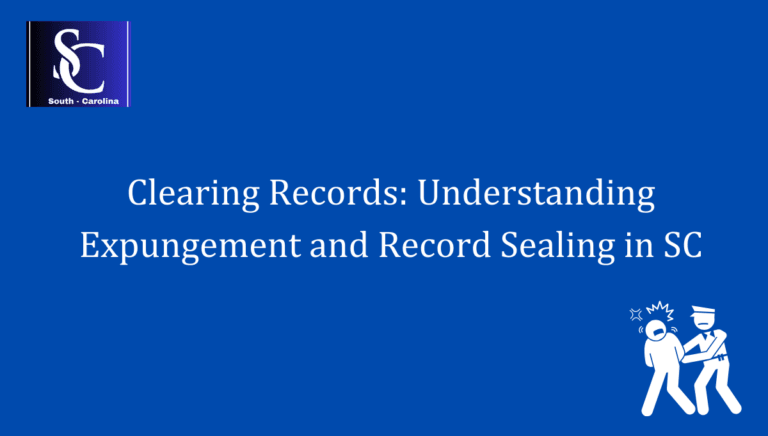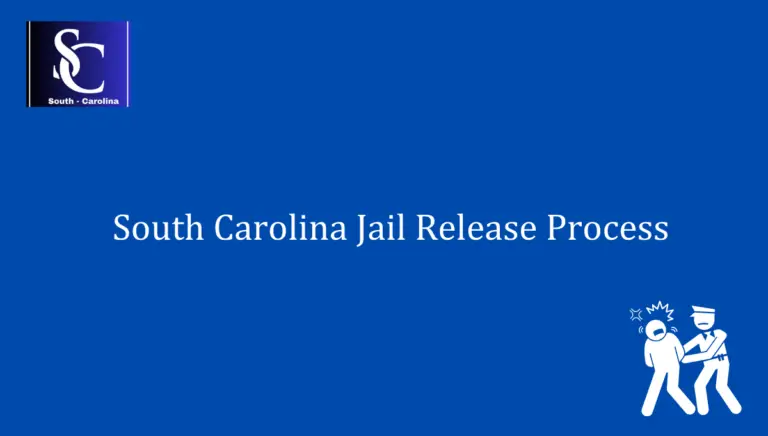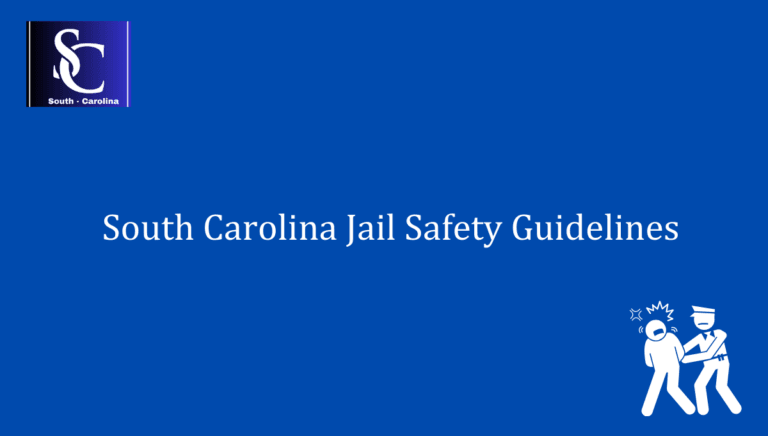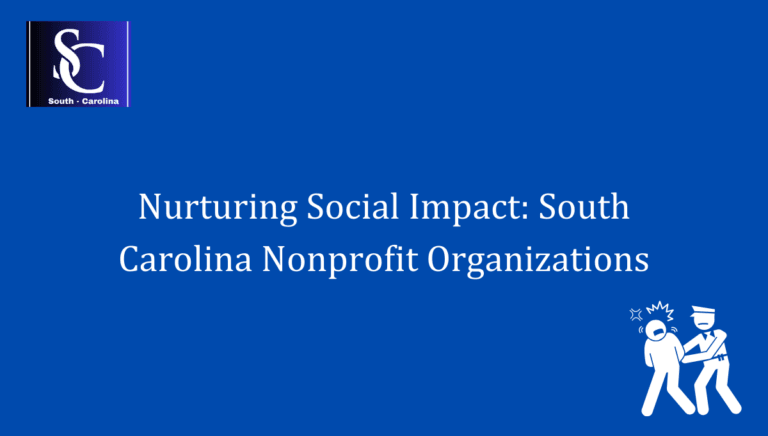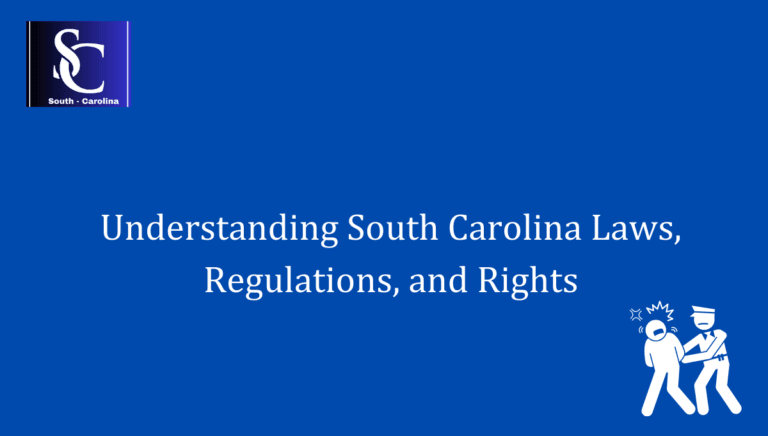Protecting Against Identity Theft: Prevention Tips in SC
Identity theft is a growing concern in today’s digital age. With the advancement of technology, it has become easier for criminals to steal personal information and wreak havoc on individuals’ lives. we understand the importance of protecting yourself against identity theft and strive to provide you with the necessary tools and knowledge to stay safe.
Our team of experts has compiled a comprehensive guide on identity theft prevention tips specifically tailored for residents of South Carolina. From safeguarding your personal information to recognizing potential red flags, our guide covers all aspects of identity theft prevention. We believe that knowledge is power, and by equipping yourself with the right information, you can proactively protect yourself and your loved ones from falling victim to identity theft.
Why is Identity Theft a Concern?
Identity theft poses a significant threat in today’s digital age. As technology advances, criminals find new ways to exploit vulnerabilities and steal personal information. This can lead to devastating consequences for individuals and their families, including financial loss, damaged credit, and emotional distress.
The Importance of Protecting Yourself
At [Company Name], we understand the importance of taking proactive steps to protect yourself against identity theft. We believe that prevention is the key to avoiding the devastating effects of this crime. By implementing the right strategies and staying informed, you can significantly reduce the risk of becoming a victim.
Our Comprehensive Guide to Identity Theft Prevention
Our team of experts has compiled a comprehensive guide specifically tailored for residents of South Carolina. This guide covers a wide range of identity theft prevention tips and strategies, ensuring that you have the knowledge and tools to safeguard your personal information.
Safeguarding Your Personal Information
One of the first steps in preventing identity theft is to safeguard your personal information. This includes protecting your Social Security number, bank account details, and other sensitive data. Our guide provides practical tips on how to secure your personal information and keep it out of the hands of criminals.
Recognizing Potential Red Flags
Being able to recognize potential red flags is crucial in preventing identity theft. Our guide helps you understand the warning signs and indicators of identity theft, enabling you to take immediate action if you suspect any suspicious activity. By staying vigilant and proactive, you can minimize the risk of falling victim.
Securing Your Online Presence
In today’s digital world, securing your online presence is essential. Our guide offers valuable insights into protecting your online accounts, creating strong passwords, and avoiding phishing scams. By implementing these measures, you can significantly reduce the risk of your personal information being compromised.
Understanding the Latest Identity Theft Techniques
Criminals continually evolve their techniques, making it crucial to stay up-to-date with the latest identity theft trends. Our guide provides insights into the newest methods used by identity thieves, ensuring that you are aware of potential threats and can take appropriate action to protect yourself.
Recovering from Identity Theft
In the unfortunate event that you become a victim of identity theft, our guide offers valuable information on how to recover and minimize the damage. From contacting the relevant authorities to disputing fraudulent charges, we provide step-by-step guidance to help you navigate the recovery process.
Empower Yourself with Knowledge
At [Company Name], we firmly believe that knowledge is power. By equipping yourself with the right information and following the best practices outlined in our guide, you can proactively protect yourself and your loved ones from falling victim to identity theft. Take control of your digital presence and ensure a secure future for yourself and your family.
FAQs
How can I protect myself from identity theft?
To protect yourself from identity theft, you should: Securely store personal documents and shred sensitive information. Regularly monitor your financial accounts and credit reports.Use strong, unique passwords for online accounts. Avoid sharing personal information on unsecured websites or over unsecured networks .Be cautious of phishing attempts and never click on suspicious links or download attachments from unknown sources.
What are some warning signs of identity theft?
Warning signs of identity theft include:
Unexplained withdrawals or charges on your bank statements. Receiving bills or collection calls for accounts you never opened. Noticing unfamiliar accounts or inquiries on your credit report. Missing mail or sudden decrease in mail delivery. Being denied credit or receiving higher interest rates for no apparent reason.
What should I do if I suspect identity theft?
If you suspect identity theft, take the following steps: Contact your financial institutions and credit bureaus to report the fraud. File a report with your local law enforcement agency. Consider placing a fraud alert or credit freeze on your accounts Keep a record of all communications and actions taken to resolve the issue.
How can I protect my online identity?
To protect your online identity, you should:
Use strong, unique passwords for each online account. Enable two-factor authentication whenever possible .Regularly update your software and operating systems. Be cautious of phishing attempts and only provide personal information on secure websites. Use reputable antivirus software and keep it up to date.
What are some additional tips for preventing identity theft?
In addition to the previous tips, you can: Opt out of pre-approved credit offers. Protect your social security number and only provide it when necessary. Be cautious of sharing personal information on social media .Regularly review your financial statements and credit reports. Consider using a virtual private network (VPN) when connecting to public Wi-Fi networks.

